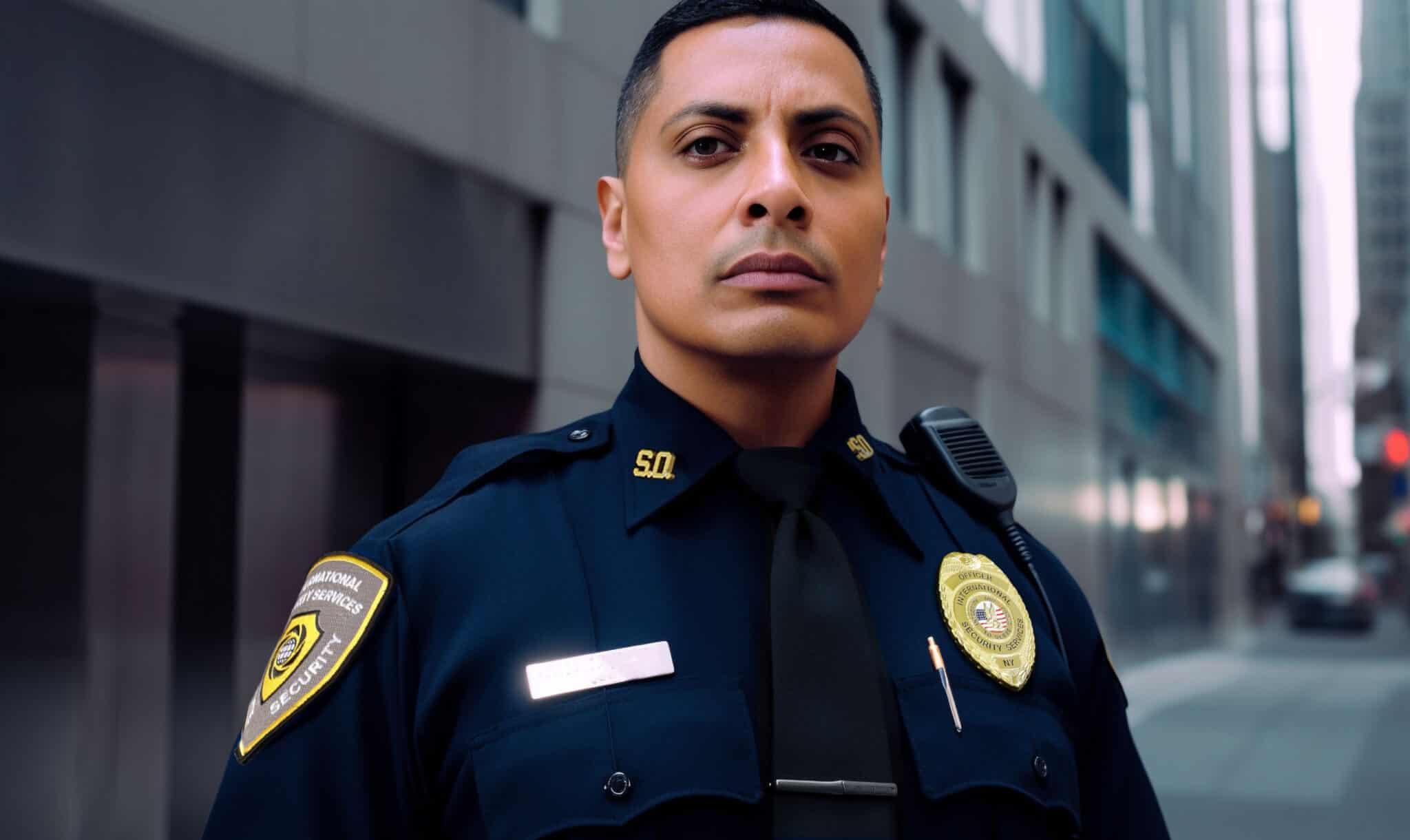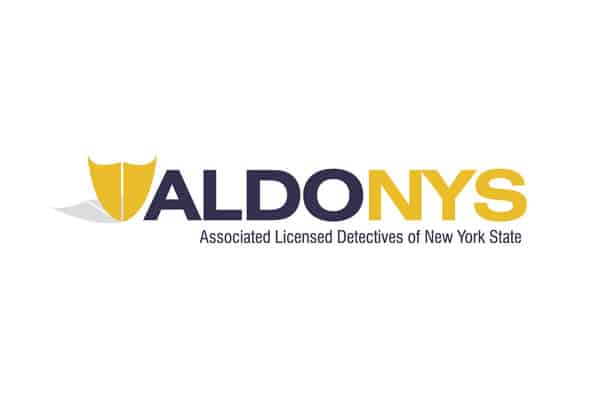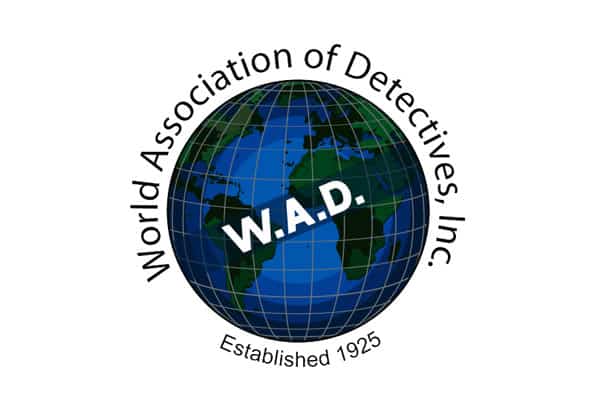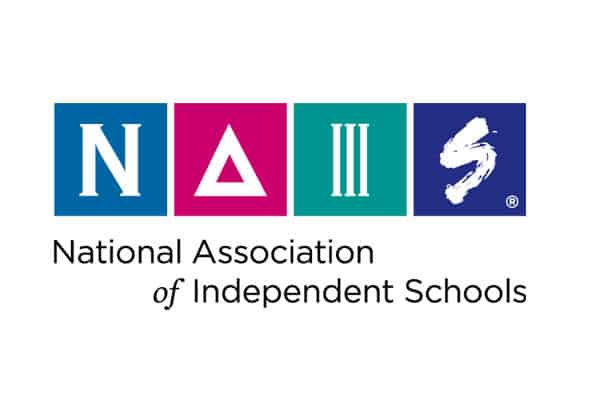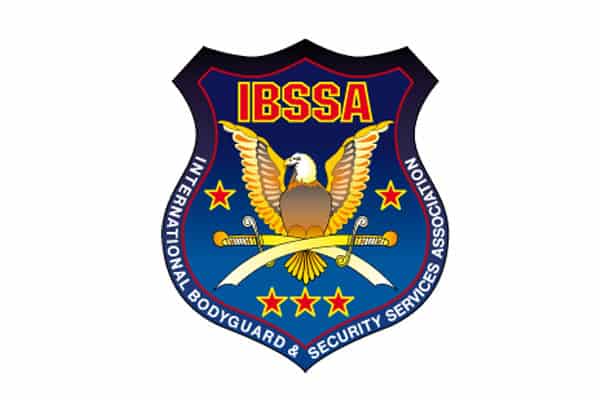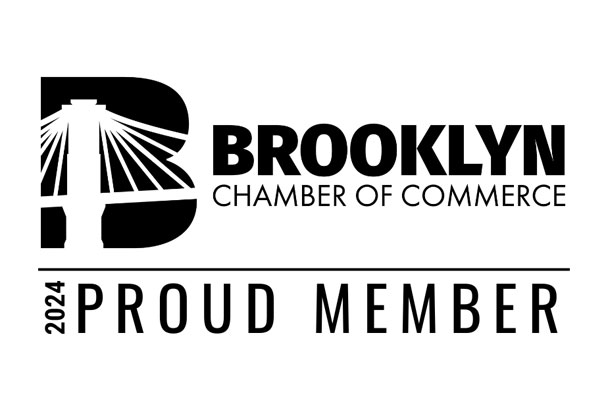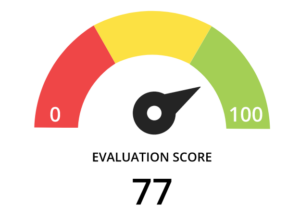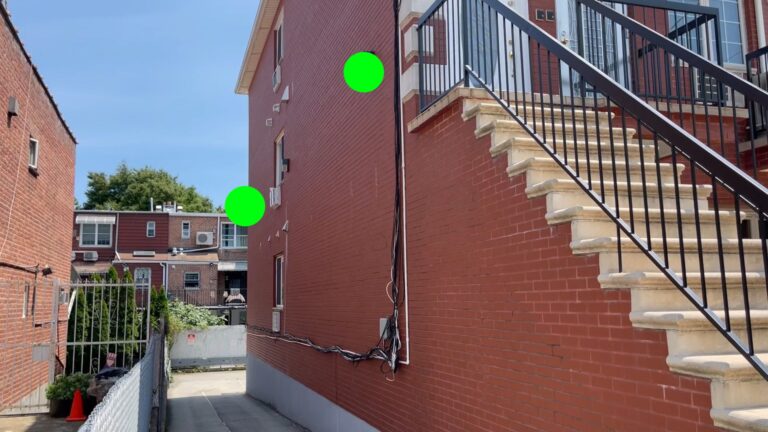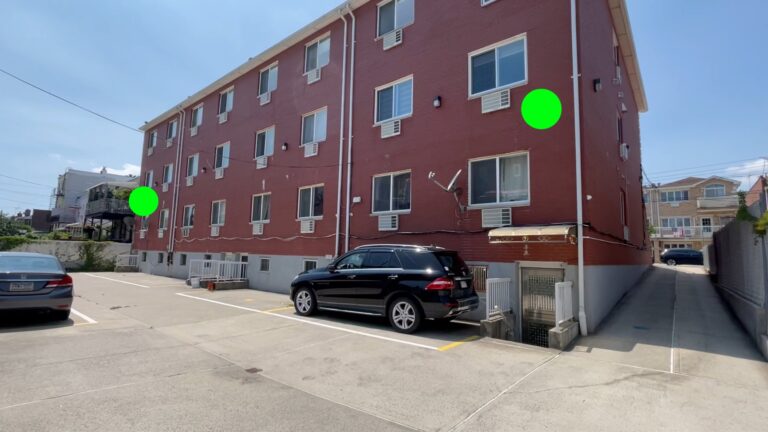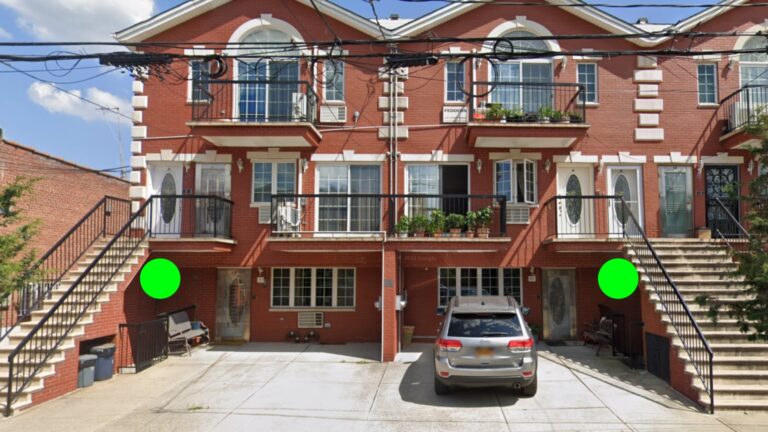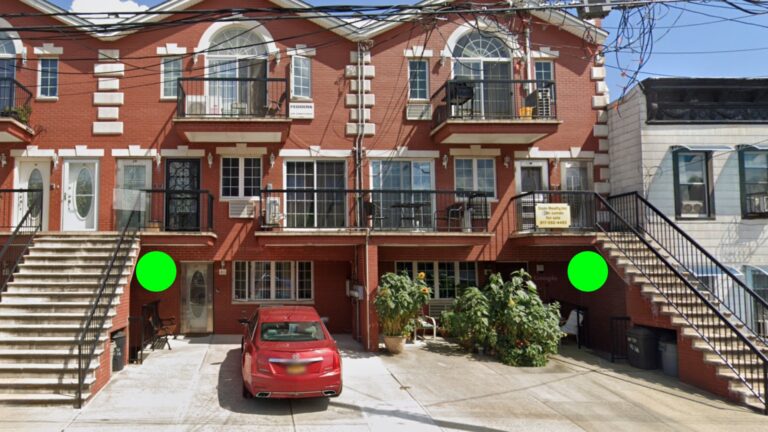In the bustling city of New York, the demand for licensed security guards is on the rise. If you’re wondering how to get a security license in NYC, you’ve come to the right place. This article will guide you through the process of obtaining your NY security license, enabling you to join the ranks of licensed security guards in the city.
Step 1: Fulfill the Basic Requirements for Your Security License in NYC
To kickstart your journey toward obtaining your security license in NYC, you must meet the following prerequisites:
- Be at least 18 years old
- Possess a high school diploma or GED
- Pass the NYS written examination
- Complete 16 hours of practical, on-the-job training
- Undergo a criminal background check and fingerprinting
- Obtain a license from the NYS Division of Licensing Services
Once you’ve met these requirements, you’re one step closer to obtaining your NY security license and starting your career as a licensed security guard in NYC.
Step 2: Complete the Mandatory Training for Your NY Security License
Before you can get your security license in NYC, you must complete an 8-hour pre-assignment training course and achieve a satisfactory grade. This course provides a comprehensive overview of the duties and responsibilities of security guards, equipping you with the knowledge and skills needed to excel in your role as a licensed security guard.
After completing this course, you’ll be ready to obtain a registration card from the NYS Department of State. Within three months (or 90 days) of passing the 8-hour pre-assignment training, you’ll need to complete 16 hours of on-the-job training.
As a licensed security guard in New York State, you’re also required to complete an 8-hour annual in-service training course within one year (or 12 calendar months) of finishing your 16-hour on-the-job training and continue to do so every subsequent year.
Step 3: Apply for Your New York Security Guard License
After completing the necessary training, you can apply for your New York security guard license. The process involves securing a certification from the New York State Department of Criminal Justice Services (NYS DCJS), completing the mandated educational programs, and providing proof of completion to the NYS DCJS.
Once you’ve obtained your certification, you can apply for the license online. The final step involves submitting a comprehensive application form accompanied by the required documentation, including a copy of the certification letter.
The Role of a Licensed Security Guard in NYC
Licensed security guards in NYC play a crucial role in maintaining the safety and security of various environments, such as commercial establishments, offices, factories, retail shops, parking areas, malls, theaters, airports, hospitals, and libraries. They carry out patrols and surveillance tasks, implement emergency protocols, uphold parking rules, fire safety measures, and other regulations or procedures, and enhance security at entry and exit points.
Why Become a Licensed Security Guard in New York?
Obtaining your security license in NYC opens up a diverse range of job prospects. Licensed security guards in New York enjoy flexible hours and competitive compensation packages, including medical insurance coverage for employees and their dependents.
Becoming a licensed security guard in New York State is a rewarding career choice that offers the opportunity to make a significant impact on the safety and security of individuals and communities. With the right training and dedication, you can join the ranks of these essential professionals and embark on a fulfilling career path.
Whether you’re interested in how to get a security license for personal growth or kickstart your career in the security industry, this guide provides all the necessary information to help you navigate the process. Remember, obtaining your security license in NYC is not just about fulfilling the requirements; it’s about committing to the safety and well-being of the community you serve.
So, are you ready to become a licensed security guard in New York? Start your journey today and make a difference in your community. With your NY security license, a rewarding career awaits you.
